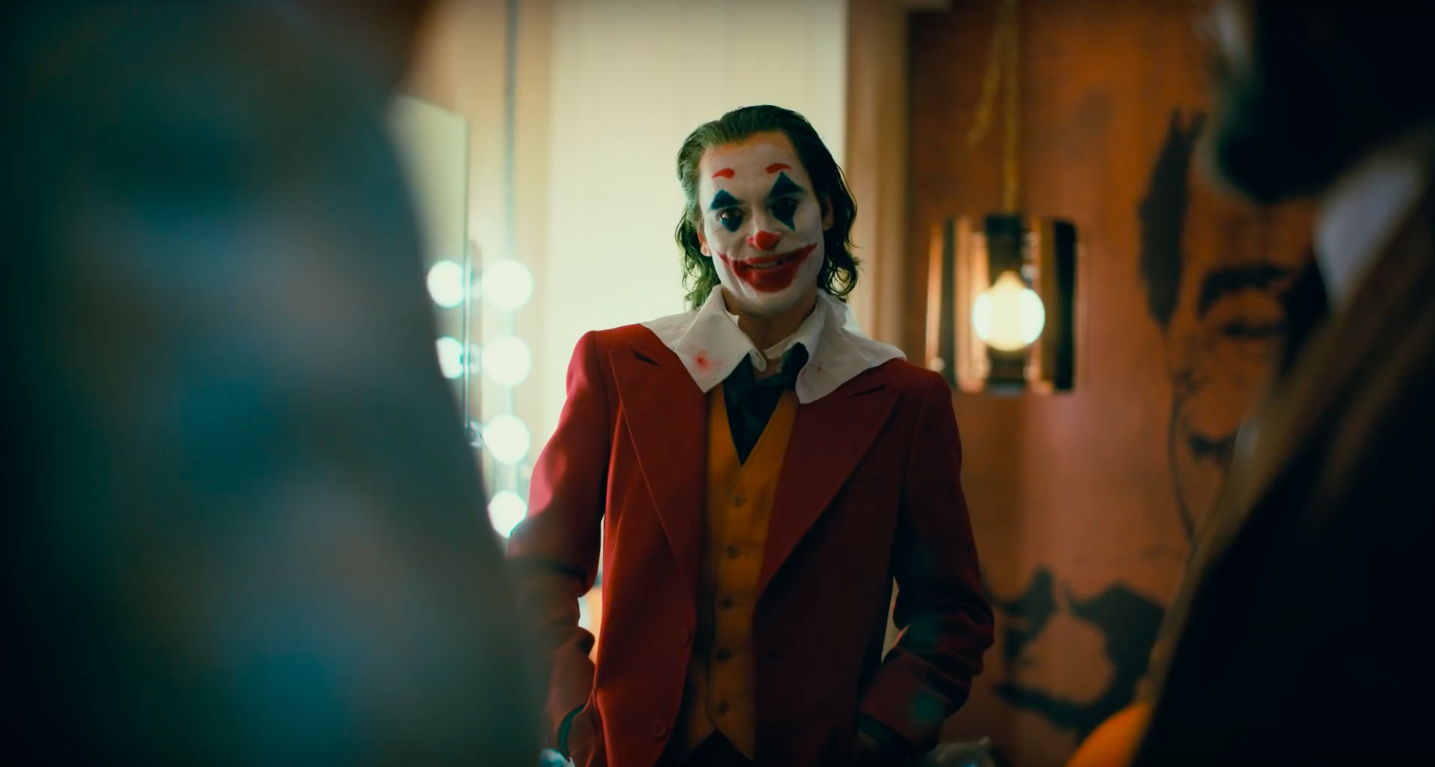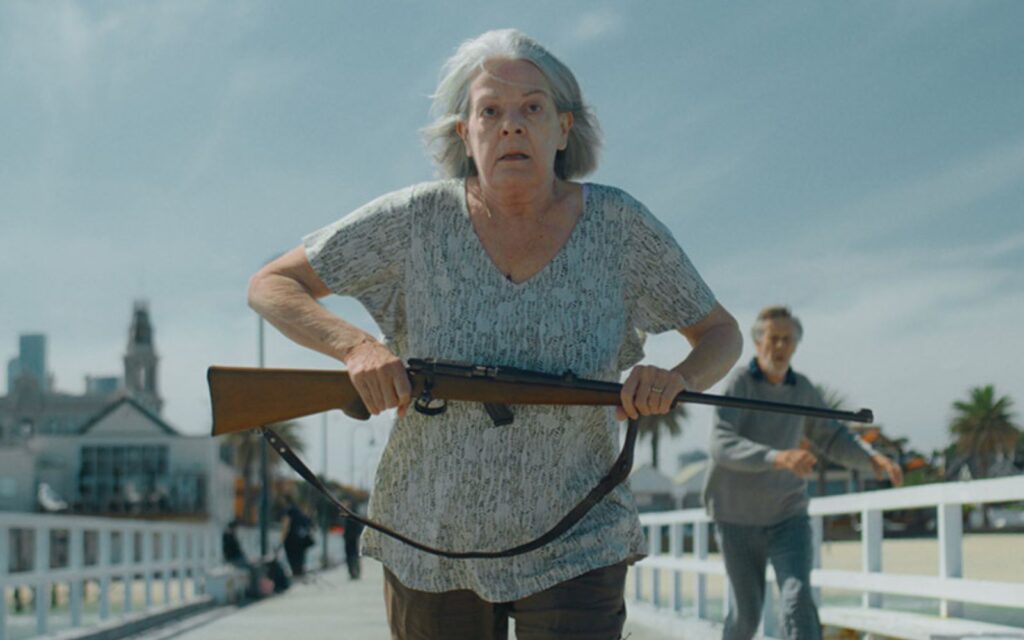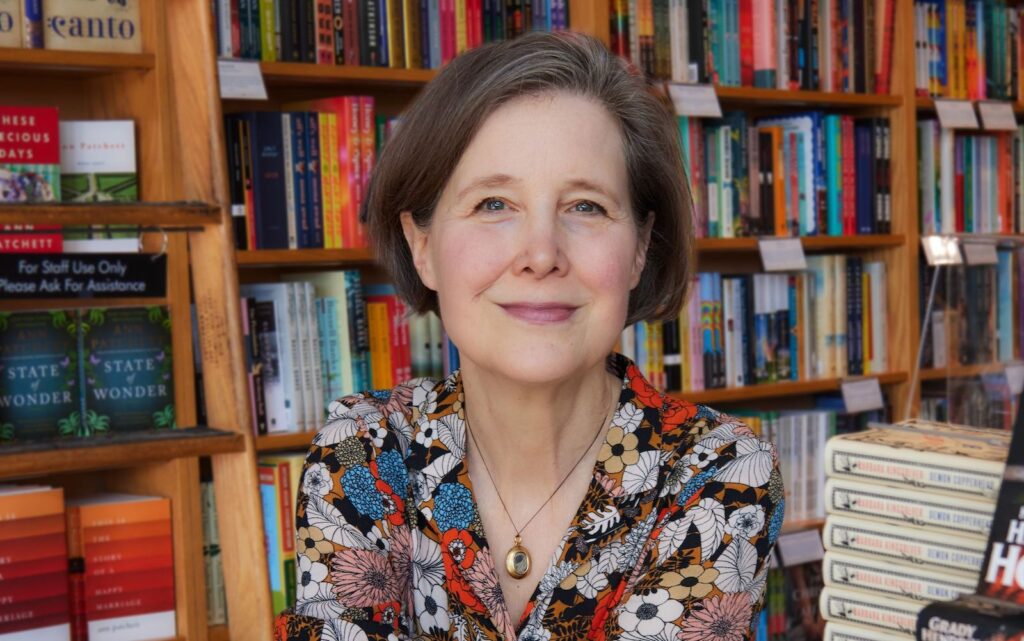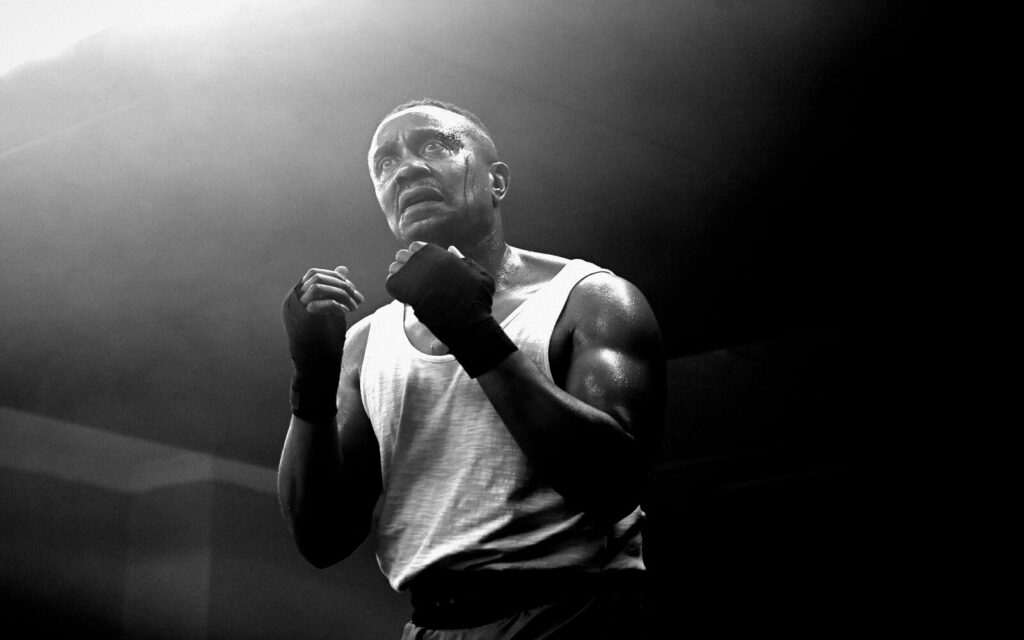★★★★
There has been a great deal of controversy surrounding Todd Phillip’s entry into the DC universe. Early reviewers condemned the overly dark and disturbing nature of Phillip’s Joker, while other speculators voiced concerns that it would endorse violence or provoke a certain community of men, some without even seeing the film.
Sure, Joker is gritty and distressing at times, but anyone who can’t appreciate the stylised depiction of the tale should probably spend more time worrying about the news. There are clear nods to ignorant political leaders and economic divides, but the film doesn’t get distracted trying to make a statement. Surprisingly, what it does spend a lot of time exploring is the isolation that comes in hand with mental illness.
Joker tells the story of Arthur Fleck, a struggling rent-a-clown who lives at home with his mother and desperately wants to be a comedian, just as badly as he wants to be loved. As the world starts kicking him down, both literally and metaphorically, Fleck’s grip on reality and his ability to distinguish wrong from right start to slip.
No one ever sought an origin story for Joker. In fact, fans presumed it would do the character an injustice. Christopher Nolan understood this with The Dark Knight and had Heath Ledger spout multiple stories about his facial scars, which only added to the mystique.
But as production for Joker began and more details leaked, the notion of an origin story became more enticing, with Philips – director of The Hangover and Old School – a strange choice but clearly passionate about the project.
Then news broke that Martin Scorsese would produce Joker while Joaquin Phoenix would be the film’s star, both legends in their respective fields, and the prospect became much more significant. While Scorsese did not end up producing the film, finally, following an eight-minute standing ovation at Venice Film Festival, it started gaining serious Oscar buzz.
The result is quite unique and vastly different to any DC film we’ve had in recent times. It’s respectful of the world of Batman, with mentions of the Wayne family & Arkham Asylum, but also a clear homage to the Scorsese universe – particularly Taxi Driver and The King of Comedy.
Phoenix’s painstaking rendition of Joker is magnetic. Considering we’ve seen four theatrical versions of the character in the past thirty years, not to mention numerous video games, animations and TV series, it’s remarkable to have something that feels new yet still true to Joker’s identity.
Production-wise, Phillips has come a long way since his frat comedy Road Trip. The cinematography and editing are exceptional, constructing a Gotham city that feels so real, it’s scary. Each shot is meticulous-crafted, opting for slightly-offset positioning and ultra-slow zooms, not to mention the retro colour palette that makes it all feel like some vivid nightmare.
That being said, Joker is not perfect. The subplot with love-interest Sophie Dumond (Zazie Beetz) is cliché and distracting, and Phillips spends far too long watching his title character get beaten down, which becomes uncomfortable.
In all, whether you’re a Batman fan or just enjoy something a little twisted, this is definitely DC’s best film since Wonder Woman. If you’ve heard the hype surrounding Joker, please check it out before judging.
Joker is in cinemas now.







